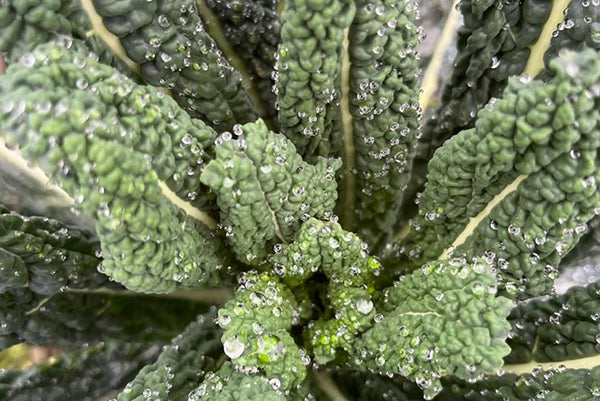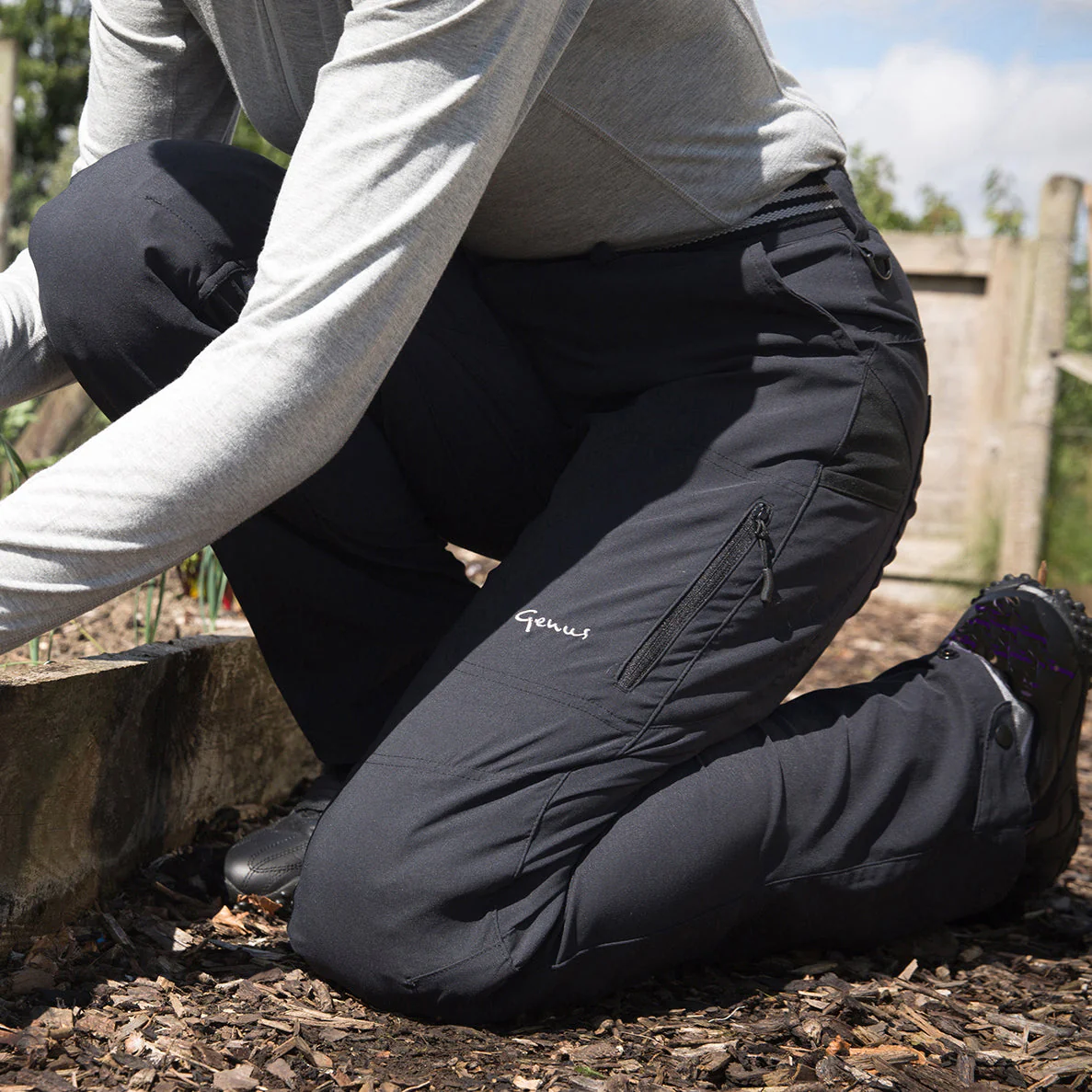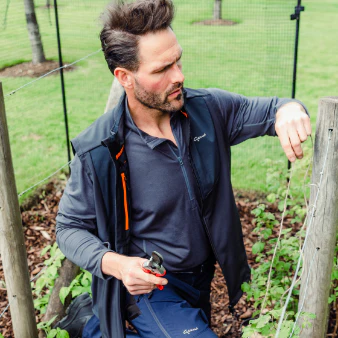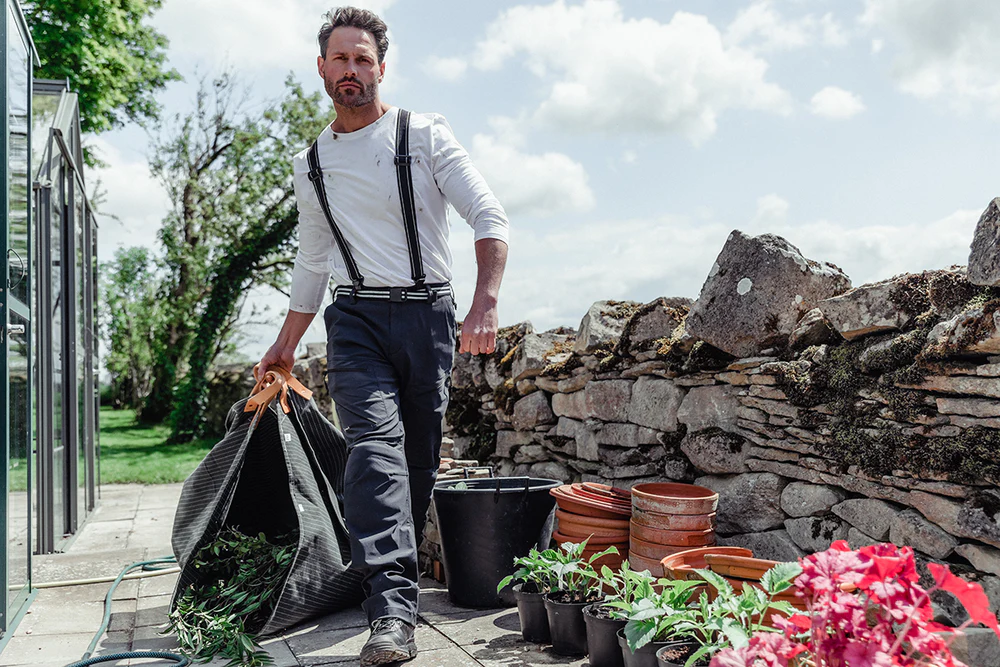February

February, a month that always leaves us in limbo. With all the floral signs of spring, and the birds starting to proclaim their territory only gardeners could find signs of optimism in this month. Any ventures into the garden need to be met with caution - the shortest month, February can often appear the longest with cruel winds and late snow flurries. Good weather can give us a thirst for spring as we turn our heads and the unexpected apricity from a low winter sun catches our uncovered cheek.
Unlike many of the months named after Roman gods February is named after the Roman festival of purification, Februa. Old English names for the month include Solmonath, mud month, which needs no explanation to a gardener, and Kale-monath meaning cabbage month, presumably the last remaining food on the plot.
The month is not short of traditional festivals with Shrove Tuesday or pancake day, the intriguing sounding collop day, and of course an extra leap-day added every four years; originally added as the 60th day of the Gregorian Calendar.
St Valentine's day on the 14th is perhaps the most celebrated with red roses being the traditional gift to a spouse or loved one.
Plant Hunter Reginald Farrar and Landscape Architect Lancelot ‘Capability’ Brown were both born in February.











